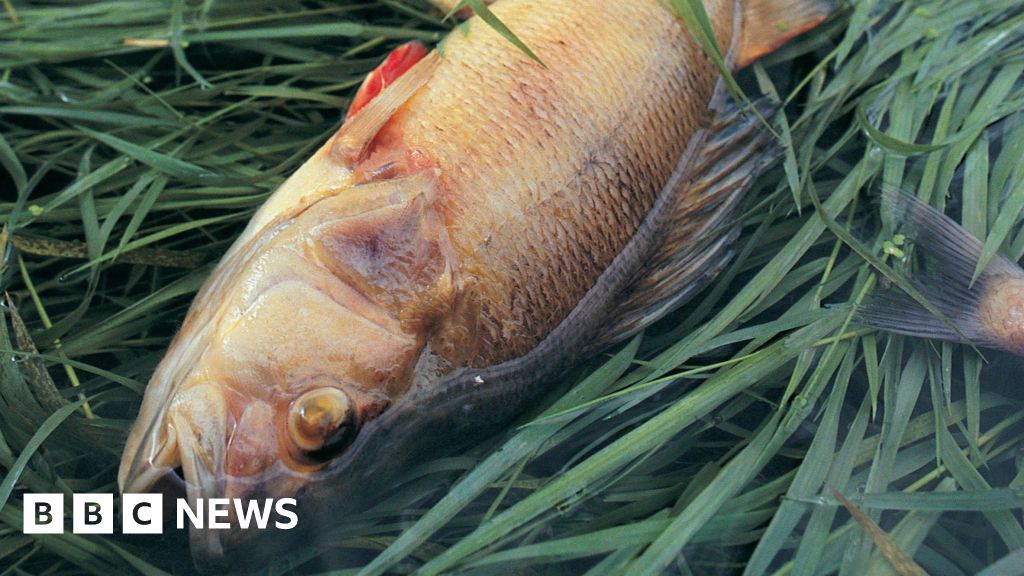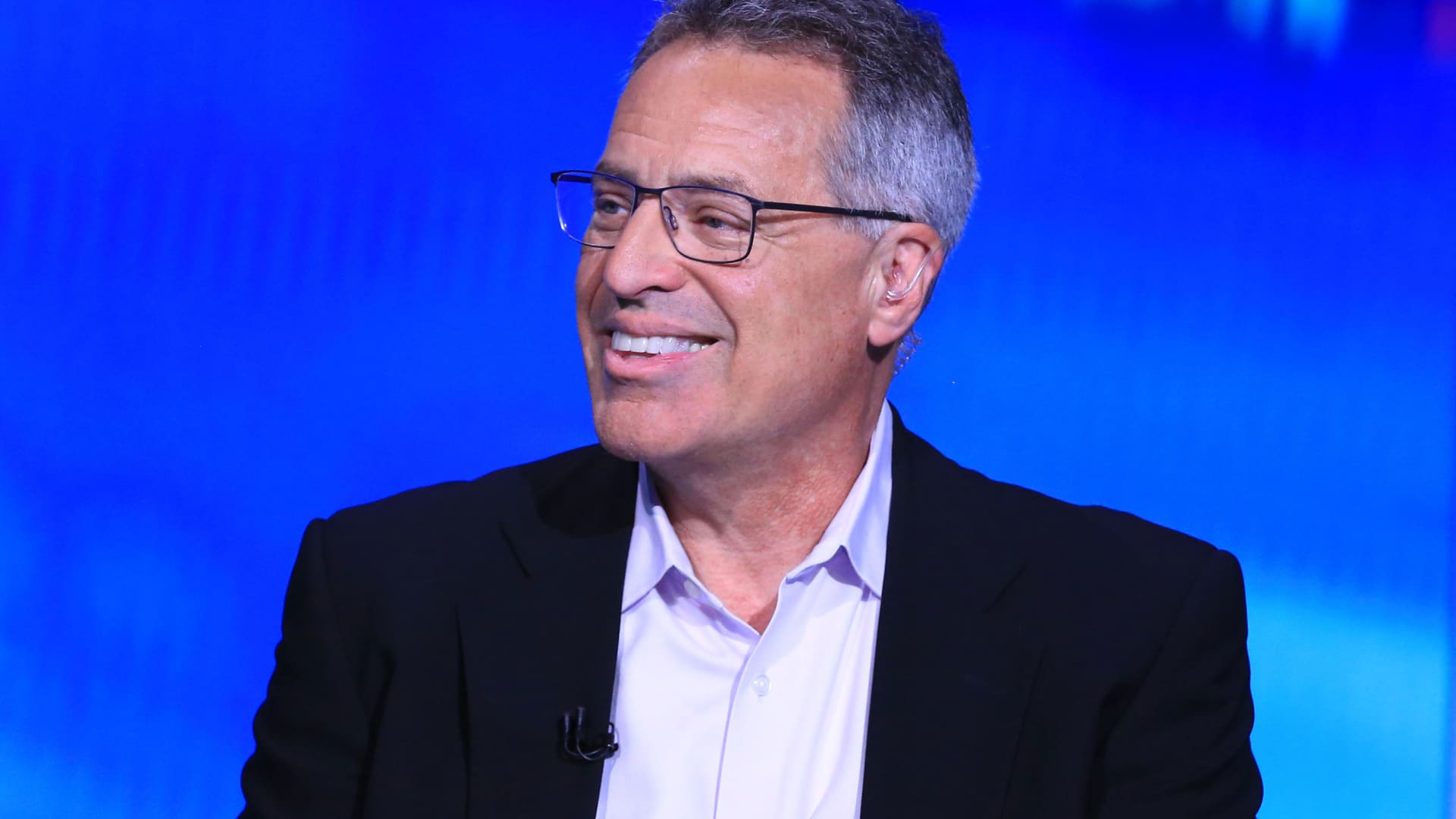By Jonah Fisher
Copyright bbc

Matt Staniek is a water quality campaigner in the Lake District and cited several incidents where he says the EA took explanations from the local water company about sewage spills at face value, which later through his own data requests were proved wrong.
“The Environment Agency has not been holding United Utilities accountable,” he says. “And the only way that we get them to properly turn up to pollution incidents and now actually try and do a proper investigation is by going to the media with it, and that should not be the case.”
A United Utilities spokesperson responded saying “we are industry leading at self-reporting incidents to the Environment Agency”.
As part of the government’s landmark review of water industry regulation it has promised to end “self reporting” of incidents by water companies.
There is widespread agreement that the current system is not working and plans are being drawn up to merge the regulators – including the EA – which oversee different parts of the water industry – into just one.
“The Environment Agency is so hollowed out that it cannot investigate pollution crimes, effectively telling polluters they can act with impunity,” James Wallace, the chief executive of campaign group River Action, told the BBC.
In July the BBC revealed that staff shortages had led to the EA cancelling thousands of water quality tests at its main laboratory in Devon.
“We respond to every water pollution incident report we receive,” an Environment Agency spokesperson said.
“To make sure we protect people and the environment, we are careful not to underestimate the seriousness of an incident report when it comes in. Final incident categorisations may change when further information comes to light. This is all part of our standard working practice.”



